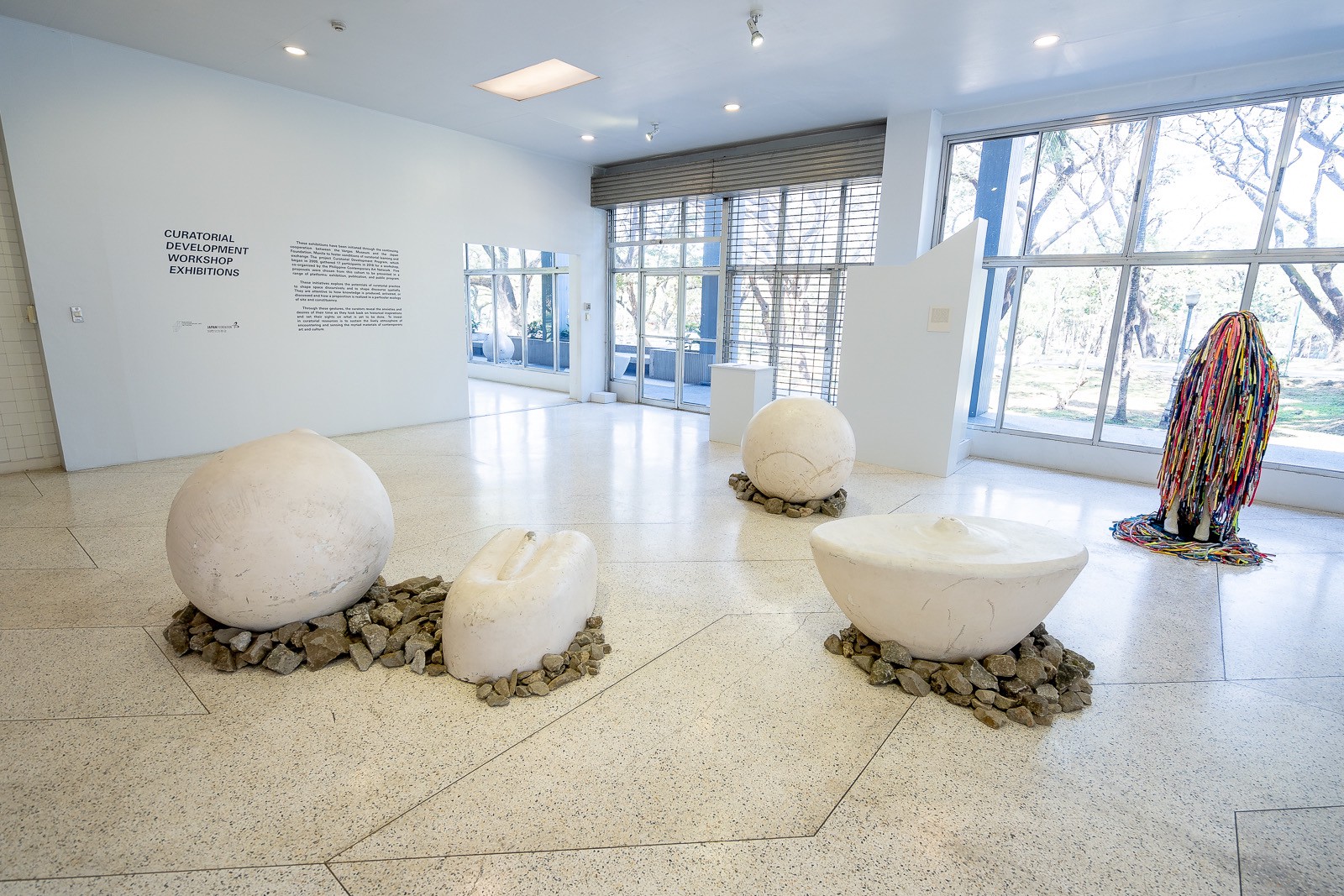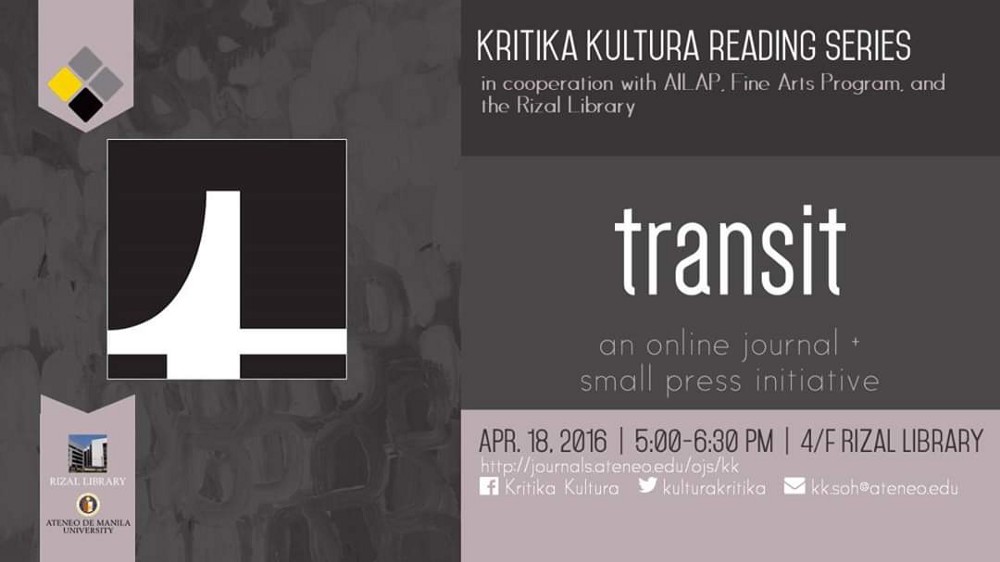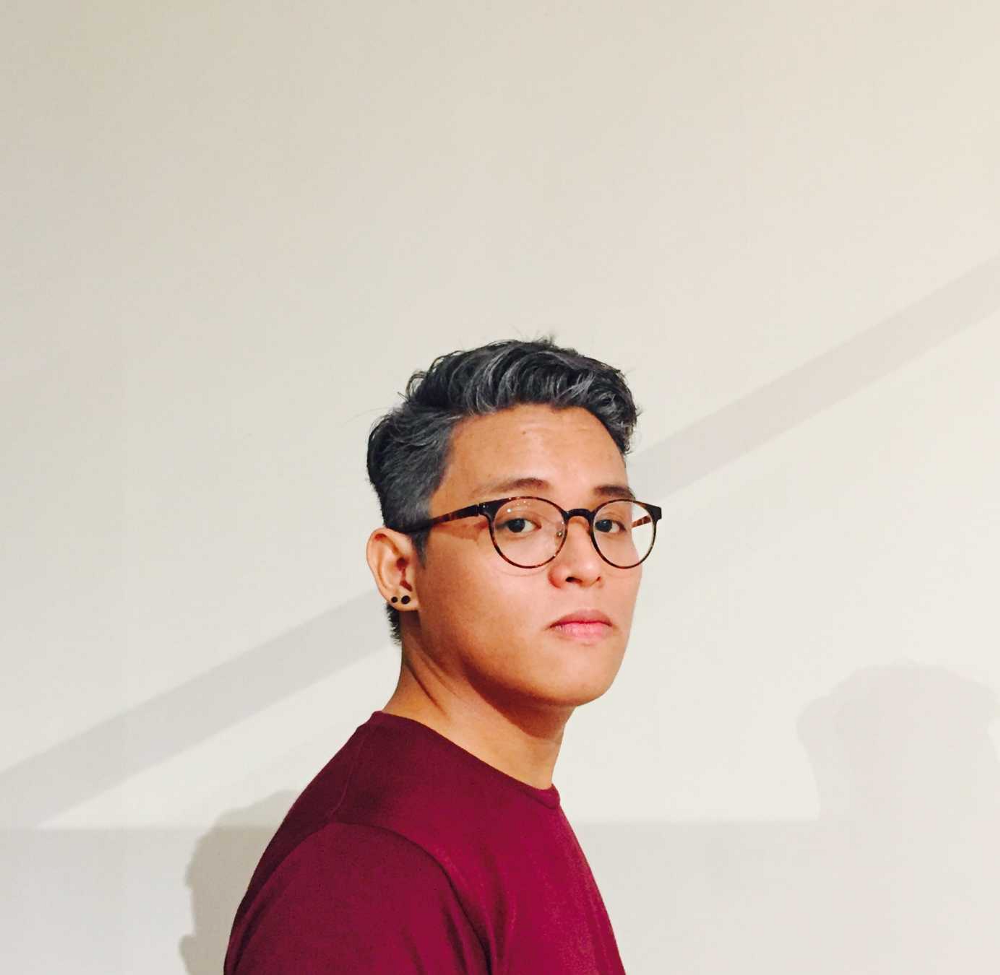
I think about my practice as structured by levels and scales of socialities. I work with people, artists, designers and writers mostly, but also museum workers and gallery coordinators. Although some might imagine writing to be in a different mode altogether, I still consider it in terms of the forms of sociality that it demands, especially now. Writing, revising, data gathering, all these require mental and emotional energies, that now, faced with the anxieties of the pandemic, I find harder to sustain. For me, writing and editorial work take as much care — thinking about or representing someone else’s labor in language, reading someone else’s words and putting oneself in the thought process of another. It is difficult to create in our current context wherein these forms of care do not come easy, but this is what makes cultivating conditions with this in mind all the more precious and needed during this time.
As a curator, a number of exhibitions has been rescheduled or if not has changed their nature altogether. For the most part, curatorial practice fleshes out the very sociality I refer to in all its aspects: in preparing for an exhibition, or a project or platform, significant time is spent in meeting people, gathering people in one place, and working together in a physical mileu. The community quarantine challenges the usual ways we work in this sense. More importantly, it makes us acknowledge how the social scheme that we live in is constituted by mutualities of care. It questions imaginations of production and productivity that for the longest time has guided the work we in the artworld do.

I think of two projects that I am involved in now that respond to our currently changing world. One is an online group blog I started called tractions, which is mainly a gathering of all sorts of writers, from people who are writers for a living, artists, museum workers, poets, fictionists, all of us just starting in our chosen practices. I invite people to write about an artwork they like, in whatever style or register or approach they feel like. It is planned to have at least 12 issues and given interest or funding may even translate into a book.
I imagine it as a collection of texts on art from people who are not overinvested in the idea of critique but are instead more inclined towards a general activity of responding to or thinking about art through writing. This is a sense of writing that is interested in seeing art from the various, necessarily prolific, vantage points that the different orientations and intimacies of agencies around art might elaborate: from the usual critical or artistic, or to the theoretical or fictive, or the bureaucratic or pragmatic, all allowing for different levels of encounters and interests.

The project stems from another online journal project that went live from 2012 to 2017, transit, an online intermedia journal and small press. More than anything, both projects find urgency in creating platforms and propositions to work around normative practices and encourage eccentric provocations that more hegemonic ventures might not necessarily be hospitable towards. This comes from an early exposure to the wondrous possibilities of enabling people to pursue the most idiosyncratic things they deem worth pursuing, against the hegemony of (largely literary) cultural institutions.
This is something that I realized was possible via writer and komikero Adam David’s initiatives on rallying a community of small presses, zinesters, and self-publishers that consolidated as the yearly Better Living Through Xeroxography (BLTX). BLTX is a small press expo that has by now enabled a network of likeminded individuals from Baguio to Bicol to Davao, and has helped develop a vibrant ecosystem for small presses, bookmakers, and young writers and artists.
Another interesting case is an upcoming exhibition in Seoul in July featuring a collective of young queer curators whose practices are based in Asia: Abhijan Toto who is based in Thailand, Bing Hao who is based in Singapore, Jens Cheung who is based in Hong Kong, and myself. The nature of international artistic practice, the capital involved in and devoted to it, and the infrastructure that it demands to gain traction has been quite commented upon in the era pre-COVID-19, and in its wake unremarked are the layers of affective labors involved in sustaining and in persisting in these contexts of work. I think the group is in agreement that one of the productive aspects of curatorial labor is its potential to bring people of kindred spirits together in working towards one project, meeting people from other parts of the world who share something similar. Since we are faced with a global pandemic, our collective has started to think about these anticipated returns and how we can encourage other ways of cultivating these connections and friendships, in more remote or virtual ways. Just recently, Bing, in an email they sent to the group, was able to brilliantly articulate the complexity of the times we are in, and the ethical demands that this complexity warrants:
This is an opportunity for us (and possibly an expanded field of like minded cultural workers) to introduce a cultural phenomenon of people and communities invested in provocations (conceptually, corporeally, artistically, freely). l believe we can propel this forward from the bleak undertow that is the faux urgency of production value.
Perhaps, it is the young curators who will be at the forefront of the changes that we will see in the artworld. I think we have proficiently imbibed the workings of the hustle that we had to live through during the era pre-COVID-19 while simultaneously trying to shape a world that is kinder to ourselves, to people we work with and others who are starting to express interest in participating in the world of cultural work. I am personally interested in how this world will change, and I hope we be buoyed by the need, desire, urgency to listen to the ways in which the world is changing in our midst.



